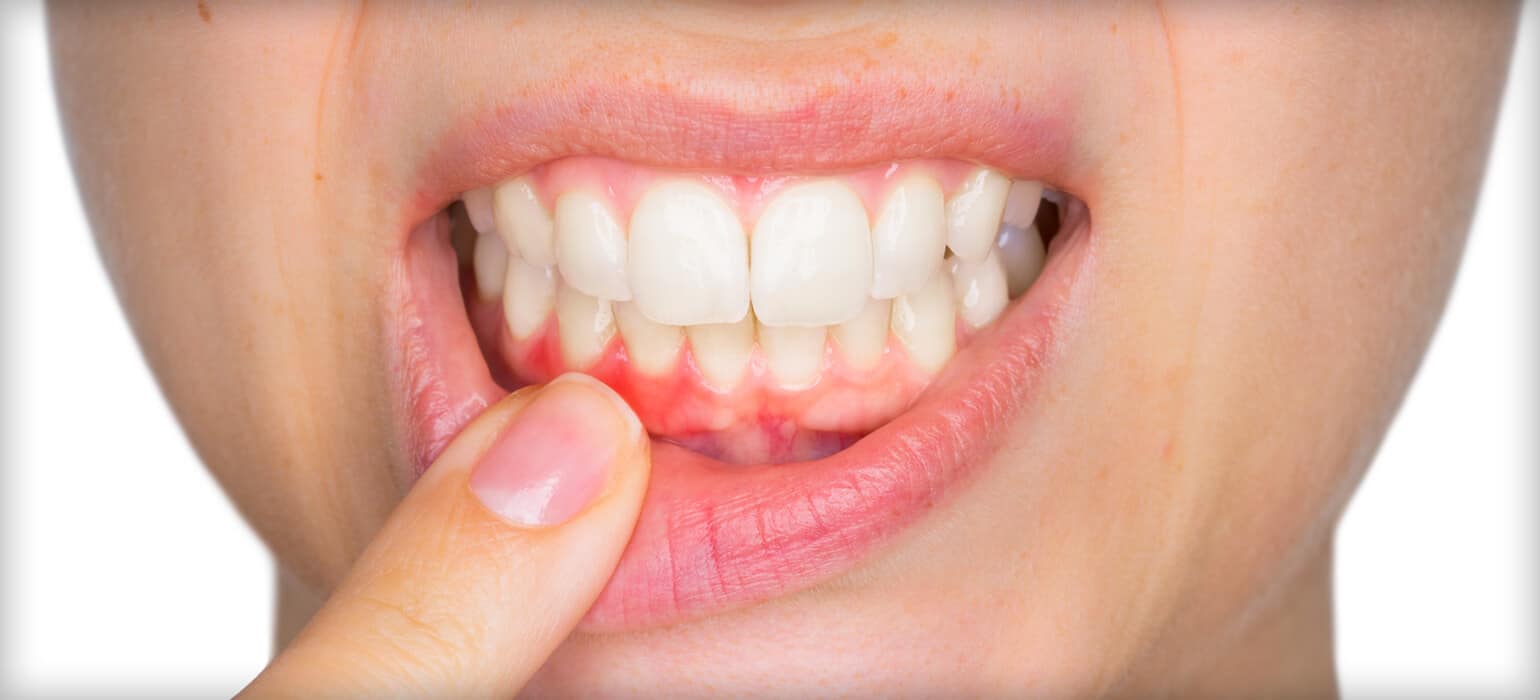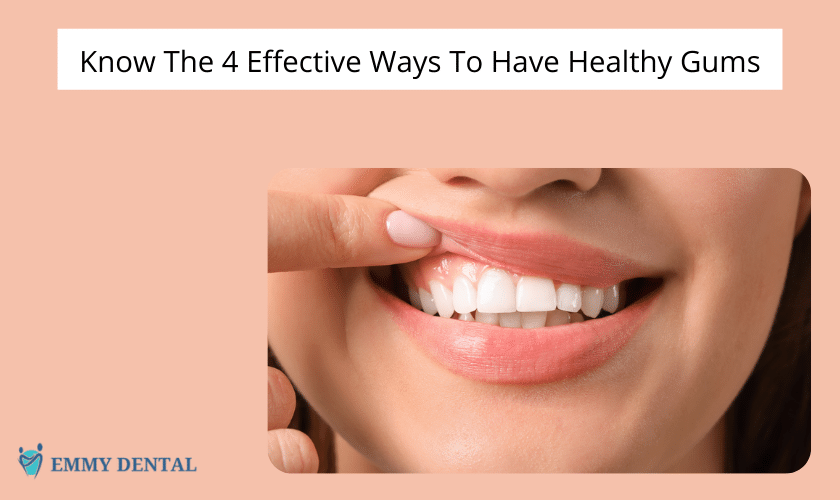
Periodontal Disease: Symptoms, Stages & Treatment
One of the main reasons for tooth loss is gum disease. There are two distinct stages of gum disease. Your dentist can fix the issue with early detection and proper prevention. Practice good dental hygiene and visit the dentist twice yearly for cleanings and exams to prevent gum disease.
What Is Periodontal Disease?
“Periodontal” literally means “around the teeth.” Periodontal disease is a common inflammatory disorder that affects the soft tissues that support and surround the teeth and, in more severe cases, the jawbone itself. Gingivitis, a bacterial infection of the gum tissue, is most commonly the precursor to periodontal disease. The gums become infected with bacteria when plaque toxins irritate and inflame the gum tissues. It is far more challenging to eradicate and cure this bacterial infection once it has established a colony in the gum pockets between the teeth. The deterioration of the jawbone and connective tissue is a final result of the degenerative nature of the periodontal disease. If unattended, it may result in shifting teeth, loose teeth, and ultimately tooth loss. Periodontal disease is the main reason why adults lose their teeth. Hence it must always be treated right away.
What Are The Symptoms Of Periodontal Disease?
Talk to your dentist as soon as you can if you experience any of these indicators or symptoms:
- One of the most typical signs of periodontal infection is bleeding while eating, flossing, or brushing your teeth. Plaque’s toxin-induced bacterial infection leaves the tissues more prone to bleeding.
- A periodontal infection may be present when the gums become sore, red, or swollen without apparent cause. Stopping the infection’s spread before the gum tissue and jaw bone are harmed. Additionally, it is essential to treat the condition before it spreads to other body parts via the bloodstream.
- Gum recession can be caused by periodontal disease. The poisons that bacteria create can damage the bones and supporting tissue, making the teeth appear longer and the smile more “toothy.”
- Although breath odor might come from the back of the tongue, lungs, stomach, food we eat, or tobacco smoking, foul breath can also be caused by old particles lodged between the teeth and below the gum line. The deeper gum pockets can hold more debris and bacteria, which produces an unpleasant odor.
- Periodontal infection is present when pus leaks from between the teeth. The body’s attempt to combat bacterial illness is evident in the pus.
What Are The Different Stages Of Periodontal Disease?
Gingivitis and periodontitis are the two kinds of gum disease that exist. The most prevalent and mildest type of gum disease, gingivitis, can be managed. It is often recognized by irritated and bleeding gums and is brought on by poor oral hygiene, most commonly failing to floss. Gingivitis can soon develop into periodontitis, which is more dangerous and cannot be cured if neglected. Periodontitis progresses via four stages:
- Stage 1: Early Periodontitis
- Stage 2: Moderate Periodontitis
- Stage 3: Severe Periodontitis with potential tooth loss
- Stage 4: Severe Periodontitis and loss of all teeth
How To Treat Periodontal Disease?
Stopping the spread of periodontal disease is essential to prevent further harm to the jawbone and gum tissues. The dentist will first evaluate the entire mouth to determine the disease’s progression. Once the cause of the bacterial infection has been identified, the dentist may decide to treat it surgically, nonsurgically, or both. Your dentist uses scaling and root planing to remove entirely any debris from the pockets (under the gumline) of the teeth in cases of mild periodontal disease. They can also inject antibiotics into the pockets to speed up healing and eradicate any bacteria that may still be present.
Periodontal disease can cause serious oral health issues and result in tooth loss. Identifying the warning signs and treating them as soon as possible is essential.

